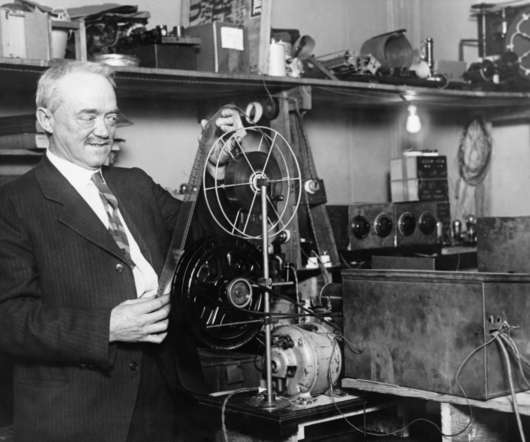Information Asymmetry: The Informed Minority Advantage
Doctor Spin
JANUARY 16, 2024
Stiglitz, who won the Nobel Prize in Economics in 2001 for analysing markets with asymmetric information. The Mole (TV Series, 2001–2008). Ethical Implications of Information Asymmetry In the 2nd century BCE, the Greek Stoics told the tale of the Merchant of Rhodes. Source: Journal of Professional Communication 9 Grunig, J.














Let's personalize your content